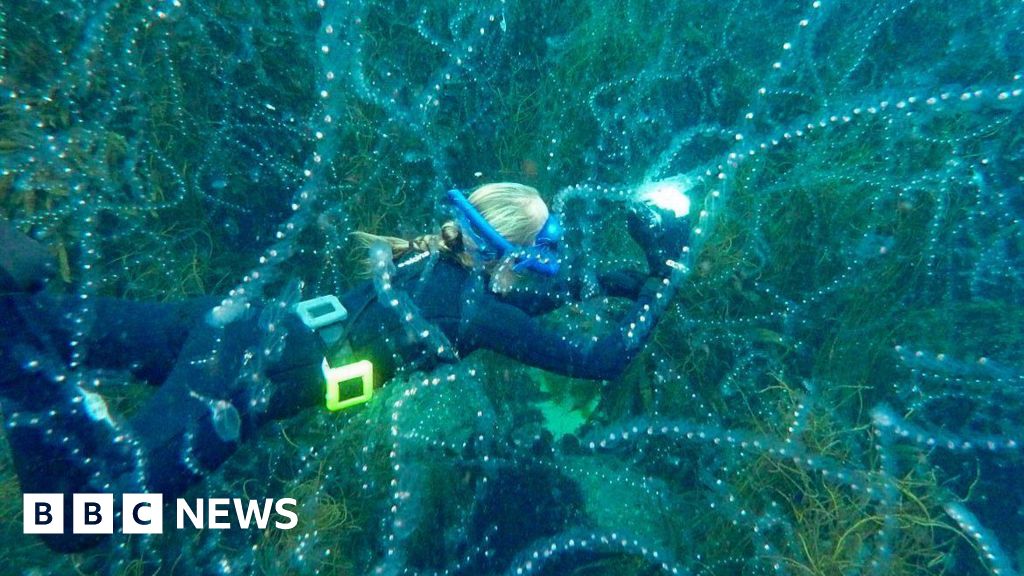The article discusses how the British oceans have experienced the warmest start to the year on record, with average surface temperatures more than 0.2°C higher than historically noted since 1980. This warming, primarily driven by fossil fuel emissions, is affecting marine ecosystems and fishing communities. Notably, species such as octopus, bluefin tuna, and mauve stinger jellyfish have been observed more frequently in UK waters, signaling significant ecological shifts.
Researchers like Dr. Bryce Stewart emphasize that these changes reflect a changing ecosystem, akin to a “canary in a coal mine” for climate change. Ocean heat waves have become more common, with high temperatures contributing to challenges for cold-water species and coastal fisheries. Fisherman Ben Cooper shared his struggles with declining catch numbers due to climate-related changes.
The article highlights the need for adaptation within fishing practices and consumer habits, as the warming oceans continue to impact marine life and its distribution. Experts predict that such intense heat events will become more frequent, complicating the already strained relationship between climate change and marine resources.
Source link


